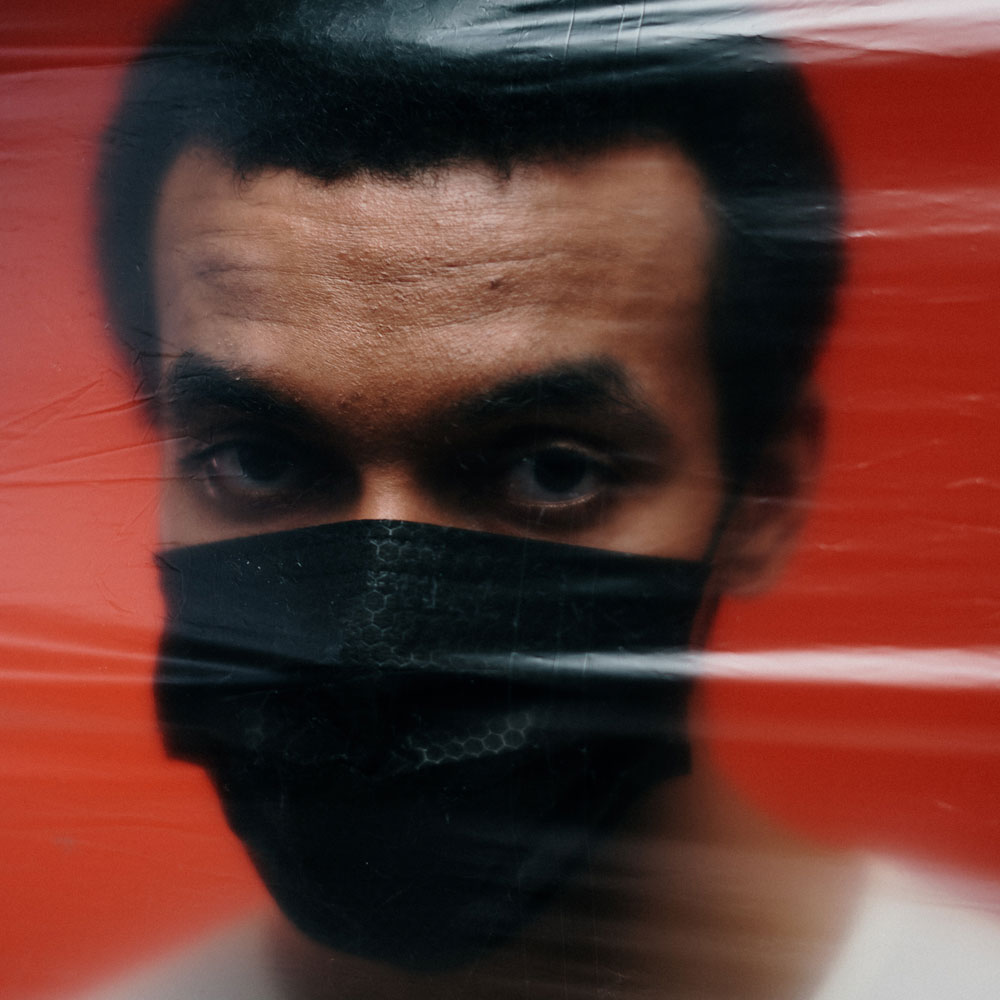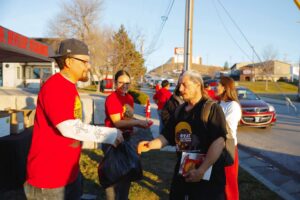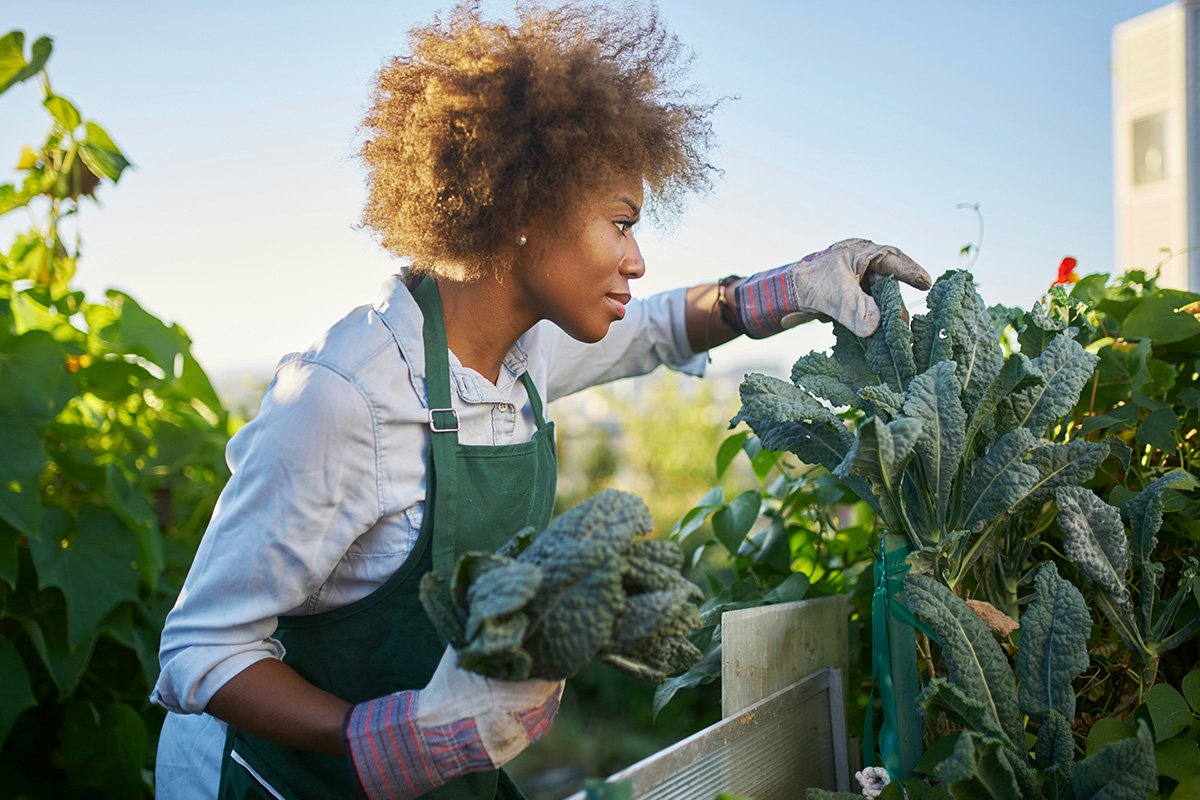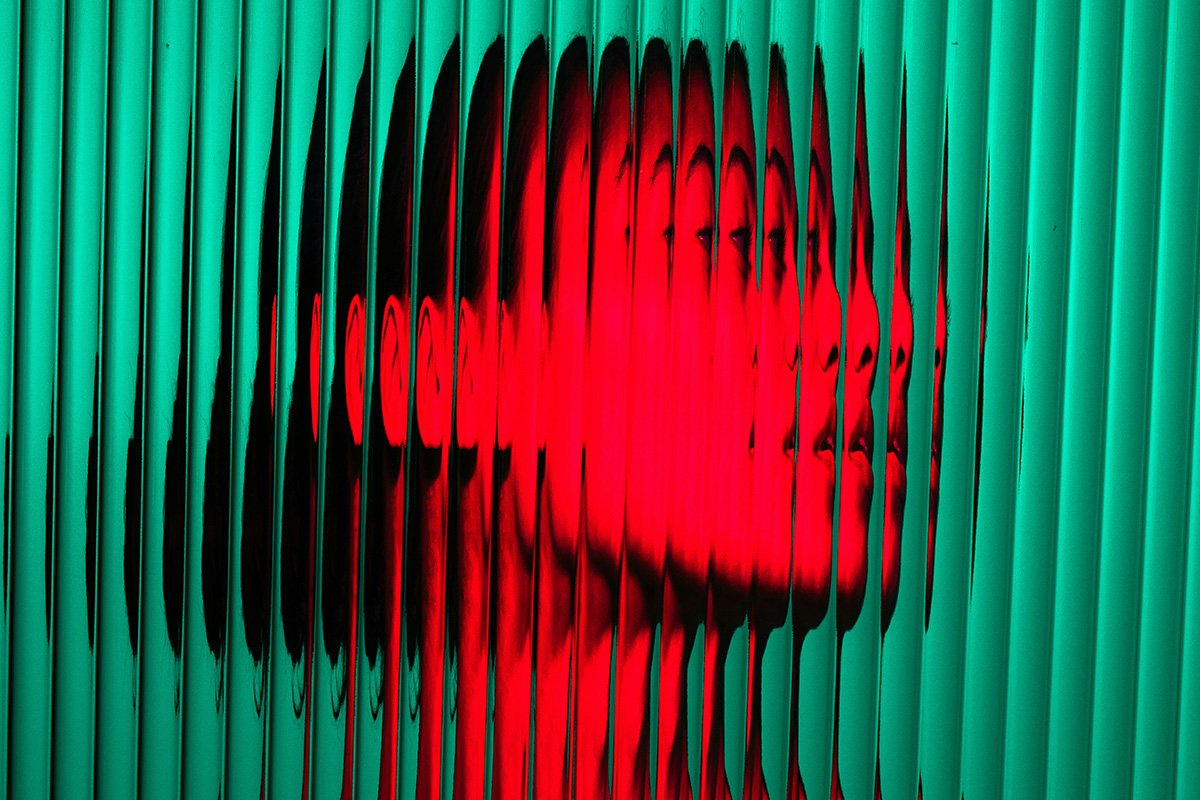
April 3, 2020; ProPublica, Chicago Tribune, and The Root
The spread of COVID-19 puts everyone at risk—but some of us are at greater risk than others. Steve Dubb, in his recent NPQ article, underscores that “while the novel coronavirus has hit people of all ethnic and racial groups, preliminary data make it increasingly clear that Blacks have been hit the hardest.” The virus’s disparate impact on Black Americans pulls the cover back on the life-threatening consequences our nation’s engrained racism.
Day by day, the available data tells a compelling story. The Milwaukee County Health Department reported on Tuesday that Black people represented 46 percent of the county’s 1,324 cases and 71.5 percent of their 49 COVID-related deaths, even though just 26 percent of the county’s population is Black. In Chicago, according to the Chicago Tribune, “the sobering statistics suggest Black Chicagoans are dying at a rate nearly six times greater than white residents.” The Guardian reports this morning:
In Chicago, which is 30 percent black, black Americans account for 70 percent of all coronavirus cases in the city and more than half of the state’s deaths. “We know all too well that there are general disparities in health outcomes that play along racial lines and the same may be true for this virus,” said Ngozi Esike, director of the Illinois department of public health.
Clearly, the disease disproportionally threatens the health of black Americans. Seeing discrimination in such immediate life and death terms is shocking. As Chicago Mayor Lori Lightfoot said yesterday, as she announced a new effort to change this math, “Those numbers take your breath away. This is a call to action for all of us.”
Taking that action won’t be easy; it means broad recognition that these higher rates of illness and death don’t come from a genetic predisposition to the disease. Rather, they are a direct consequence of government policies and social norms that leave too many African Americans in chronic poverty, living in neighborhoods with inadequate access to good health care, steered toward jobs that place them at greater risk, and incarcerated in great numbers. All these factors contribute to increased susceptibility to this pernicious virus.
ProPublica recently noted that “environmental, economic and political factors have compounded for generations, putting black people at higher risk of chronic conditions that leave lungs weak and immune systems vulnerable: asthma, heart disease, hypertension and diabetes.” Dr. Ebony Hilton, an associate professor of anesthesiology and critical care medicine at the University of Virginia, told BuzzFeed, “There are great discrepancies in not only the diagnosis but the treatment that African Americans and other minorities are afforded.”
As reported by the Chicago Tribune, Cook County’s data shows the direct route from this long-term health reality to COVID-19-related deaths. “The majority of the black COVID-19 patients who died had underlying health conditions including respiratory problems and diabetes. Eighty-one percent of them had hypertension, or high blood pressure, diabetes or both.”
Sign up for our free newsletters
Subscribe to NPQ's newsletters to have our top stories delivered directly to your inbox.
By signing up, you agree to our privacy policy and terms of use, and to receive messages from NPQ and our partners.
The impact of inadequate health care is exacerbated by another reality: rather than sheltering in place and maintaining social isolation, many Black people must continue report to perform the kind of jobs only now being recognized as “essential.” Going to work often requires the use of public transportation and working in situations where keeping a safe distance is hard and adequate access to personal protective equipment is uncertain.
Our nation’s prison population is also disproportionally black. Prisons are difficult places within which to protect prisoners from a rapidly spreading endemic. Dr. Homer Venters, the former chief medical officer for New York jails, told the Guardian he sees this as another way black people are being put at greater risk:
The worry is that there will be two standards of care, that incarcerated patients with one set of symptoms may be denied access to hospitals, even though in the community people with the same sets of symptoms do go to the hospital…And then that will lead to different rates of deaths and certainly to different rates of preventable deaths among people who are behind bars.
Beyond the health disparity, the epidemic’s economic impact also hits harder. Teresa Candori, communications director for the National Urban League, in comments to The Root, sees the virus’s economic toll of COVID-19 on her community as another sign of past patterns: “We know that when the economy goes into decline, people of color always bear the brunt. These are also jobs that are rapidly disappearing as businesses close. If the economic picture has been difficult it is about to get much worse for those whose resources were already limited or nonexistent.”
The data supports her. Recent Department of Labor information shows “Black or African American unemployment spiked to 6.7 percent last month from February’s 5.8 percent. [Latinx] unemployment rose 1.6 percentage points, from 4.4 percent to 6 percent…unemployment among white Americans wasn’t nearly as elevated, rising from 3.1 percent to 4 percent.”
As Mayor Lightfoot and other civic leaders move forward to ameliorate the situation, they must also ask their communities if they care. As Charles Blow reflected in the New York Times:
People can’t empathize with what it truly means to be poor in this country, to live in a too-small space with too many people, to not have enough money to buy food for a long duration or anywhere to store it if they did. People don’t know what it’s like to live in a food desert where fresh fruit and vegetables are unavailable and nutrient-deficient junk food is cheap and exists in abundance…Furthermore, in a nation where too many black people have been made to feel that their lives are constantly under threat, the existence of yet another produces less of a panic. The ability to panic becomes a privilege existing among those who rarely have to do it.
Immediate actions can ensure that COVID-19 testing is done aggressively in communities of color, that medical resources are sufficiently available, that public transit systems provide ways to travel safely, and that the immediate economic toll of lost jobs is buffered. But if all we do is treat this as a one-off emergency and not a wakeup call, we will have failed the real challenge—redressing the legacy of racism and eradicating its lingering and lethal impact.—Martin Levine











